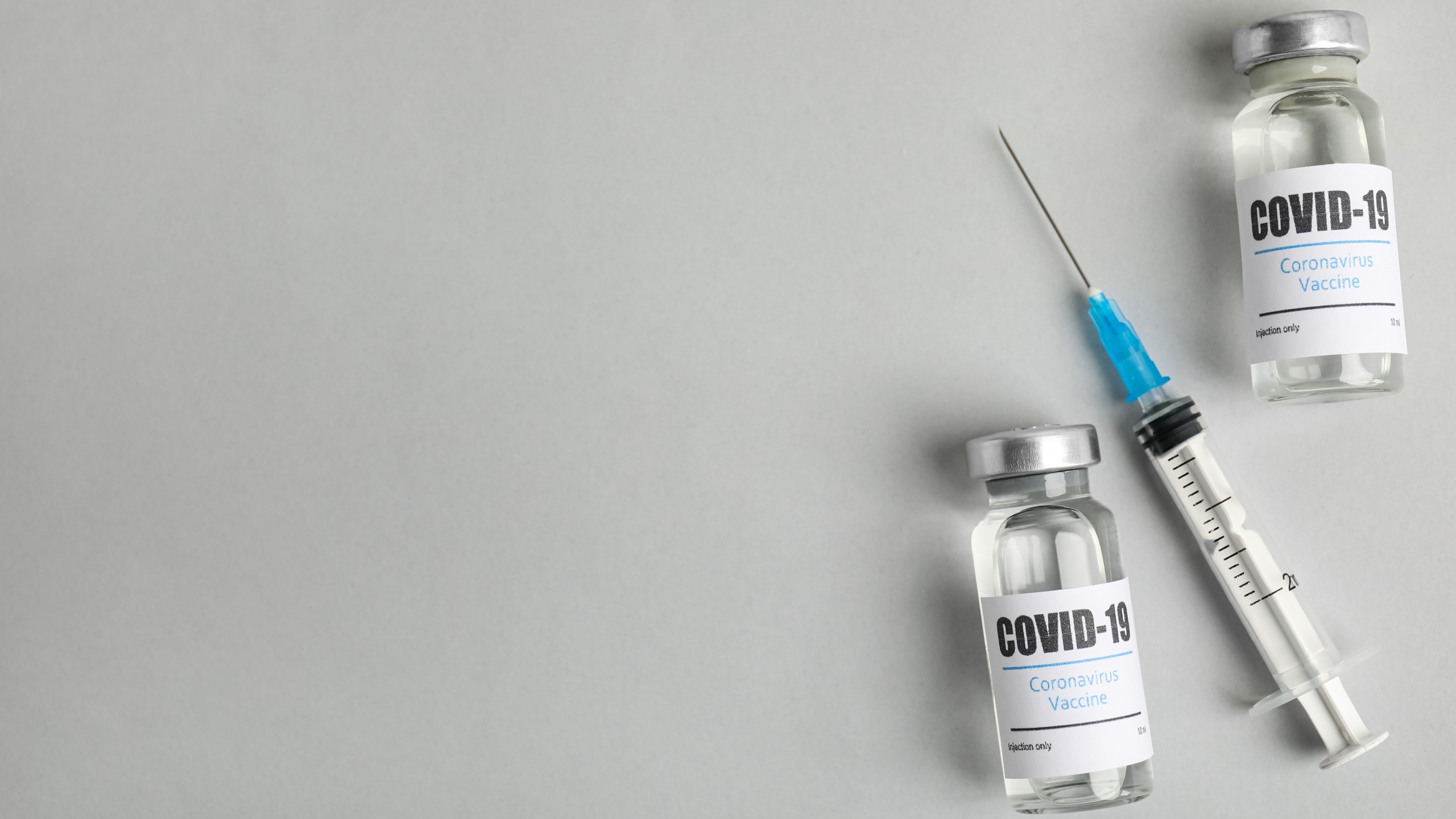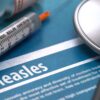A CDC advisory panel on Wednesday voted unanimously to allow the Pfizer COVID-19 vaccine for use among those ages 12 to 15, a critical population that physicians and researchers believe needs to be vaccinated to prevent outbreaks.
UAB announced plans to begin vaccinating children ages 12 to 15 at UAB’s mass vaccination sites on Thursday, pending the panel’s approval. CDC Director Rochelle Walensky was expected to sign off on the panel’s recommendation quickly on Wednesday. CVS updated the company’s website Wednesday afternoon to allow vaccine reservations for those aged 12-15.
“Once CDC has reviewed and adopted ACIP guidance, ADPH will release more information and follow the guidance for this vaccine product in persons 12 years of age and above,” said Ryan Easterling, spokesman for the Alabama Department of Public Health, in a statement to APR after the vote.
The Advisory Committee on Immunization Practices voted to expand Pfizer’s use to younger people after hearing data on the safety and efficacy of the vaccine’s use in those younger people from CDC and Pfizer doctors. The FDA on Monday authorized Pfizer’s COVID-19 vaccine for use among the younger adolescents, sending the matter to the panel for final approval.
The CDC during the meeting announced the agency was changing recommendations to allow COVID-19 vaccines to be administered at the same time as other vaccines. The CDC had previously recommended waiting 14 days between vaccinations. Some panel members in discussion said administering multiple vaccines at once is critical to catching up children’s vaccinations, many of which may have been delayed due to the pandemic. Others worried that not enough data was available about the safety of doing so.
The final OK will open vaccination up to the approximately 248,000 children ages 12 to 15 in Alabama, according to the U.S. Census Bureau.
Dr. Suzanne Judd, a professor in UAB’s School of Public Health Professor who has researched COVID-19 and herd immunity, told APR recently that young people make up a critical portion of the state’s population who haven’t yet been vaccinated.
“That is the most important thing, is that we get 16 to 30-year-olds vaccinated,” Judd said. “ In fact, I think we need to get 90 percent of them vaccinated, which is very normal for other vaccination campaigns.”
Judd pointed to spikes in cases after colleges opened in August. Outbreaks on campuses were a clear sign to researchers that behavior plays a critical role in spreading the disease.
“The transmission rate was higher than any place else we’ve ever observed during the pandemic,” Judd said, noting young people were meeting in bars and socializing. Young people tend to feel invincible. “So let’s get them vaccinated so they can go out and be invincible again,” Judd said.
Americans cherish the freedom to make their own decisions, Judd said, and those decisions have consequences — for themselves and others.
“You can choose not to get vaccinated, and if your whole friend circle gets together and decides that the COVID vaccine is not what you want to do, that’s going to lead to pockets of unvaccinated people that the virus can spread within,” Judd said.
The data showed to panel members prior to the vote Wednesday showed that the Pfizer vaccine is safe and 100 percent effective at preventing COVID-19 infection among those aged 12 to 15. Of all COVID-19 infections in the U.S., 22 million, or 19 percent, were among those aged 12-17, said the CDC’s Dr. Sara Oliver during a presentation to the panel.
Over the last two months there has been a gradual increase in COVID-19 hospitalizations nationwide among 12 to 17-year-olds, Oliver said. Data shows that Black and Hispanic children, those who are obese, and those who have asthma or other medical conditions are much more likely to be hospitalized with the disease.
Young people also spread COVID-19 in their own households and communities, and those who attend school in person do so to a greater extent, Oliver said, citing studies.
“Adolescents contribute to transmission in households and communities, including older vulnerable populations,” Oliver said.
The Alabama Department of Public Health on Wednesday noted in a press release UAB statistics that show more 16- to 34-year-olds were hospitalized with COVID-19 in April than were those 75 and older.
“Another reason to promote vaccination in young people is that people in this age group can develop debilitating long-term symptoms from COVID-19, even among young adults who were previously healthy,” ADPH said in the statement.
Speaking about herd immunity, Judd explained that epidemiologists define the term as when a disease is completely eradicated through vaccination. “That’s probably not likely for COVID,” Judd said.
The way the public may understand herd immunity is when enough people are protected that life looks more like normal, Judd said.
“When is the disease at a low enough level that the hospitals aren’t overwhelmed and the doctors can treat it, and patients can get good care and recover,” Judd said. “That’s what I’m talking about when I’m talking about herd immunity.”
Judd said she’d like to see a target of 100 new cases or fewer a day, and 100 or fewer COVID-19 hospitalizations. Alabama is close to that definition of herd immunity, which can be seen in the significant drop in cases since December, Judd said. She doesn’t believe that drop is due to any changes in the public’s behaviors, but rather it’s because more people are now immune to the deadly disease.
Part of the protected segment of Alabamians are those who have immunity but never developed a full-blown COVID-19 infection, Judd said, and that immunity is fleeting. It’s the other part of the protected segment, those who get vaccinated, who could make up the difference, if enough people chose to do so. Judd believes we’ll remain on track for herd immunity if the state continues to vaccinate approximately 75,000 to 100,000 people each week.
If not, and schools open back up in August, Judd explained things could quickly turn bad, according to her modeling.
“By November of 2021, we’ll be right where we were in November of 2020, so Thanksgiving and Christmas will look a lot like last year if we don’t stay on the path we’re currently on,” Judd said.
There’s also concern that the disease could continue to mutate in ways unknown today, Judd said, and the long-term effects of a COVID-19 infection still aren’t known.
“COVID could actually become much worse than it is right now,” Judd said. “In order for the virus to survive it might mutate in a way that makes it worse than it is today.”
People infected with chickenpox years ago are now more likely to develop the painful condition called shingles, yet shingles aren’t a concern for those who have been vaccinated against chickenpox, Judd explained.
“COVID may be the same way. If a kid gets COVID, they may very well have health outcomes in their 50’s and 60’s, so why get the infection? It just doesn’t make sense,” Judd said.
Judd said the state has exhausted the portion of people who wanted to get vaccinated, “and we have to change our strategy for the next 30 percent.”
It’s those young people who will be an important key to helping lower cases, hospitalizations and deaths statewide, Judd explained. To find a location providing the Pfizer vaccine, or the Moderna and Johnson & Johnson, visit the federal government’s site here.






















































